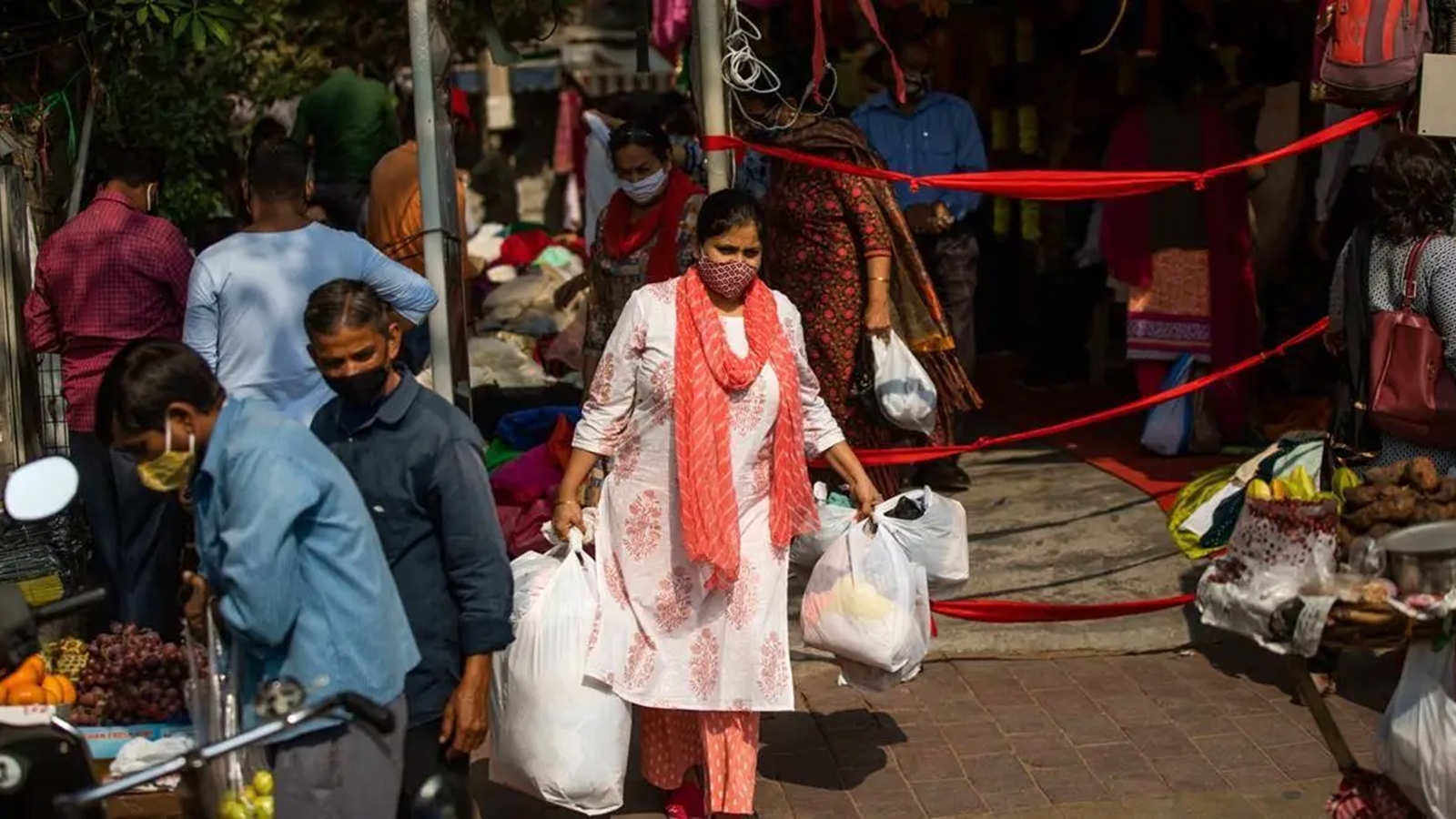The release of the Ministry of Statistics and Programme Implementation (MoSPI) household expenditure survey was overshadowed by internal wrangling over the future of the survey. This survey, a critical tool for understanding consumption patterns and economic trends, faced controversy and debate within government circles.
At the heart of the internal dispute were concerns regarding the methodology, timing, and relevance of the survey. Some officials within MoSPI argued for the continuation of the survey in its current form, emphasizing its importance in shaping policy decisions and providing valuable insights into the state of the economy. They pointed to the survey’s role in tracking changes in consumption patterns, poverty levels, and inequality, all of which are crucial for designing effective social welfare programs and economic policies.

SOURCE :- INDIA TODAY
However, opposing voices within the government questioned the survey’s methodology and raised doubts about its accuracy and reliability. They argued that the survey’s traditional methods might not capture the changing nature of consumption patterns, especially in the context of evolving digital and informal economies. Moreover, concerns were raised about the survey’s frequency and timeliness, with some advocating for more real-time data collection methods to better reflect the dynamic nature of economic activities.
SOURCE:- NEWS 18
The disagreement over the future of the survey also highlighted broader tensions within the government regarding data collection and management. Some officials pushed for greater investment in modernizing data collection techniques and improving data quality, while others expressed skepticism about the feasibility and cost-effectiveness of such efforts.
Amidst the internal wrangling, the release of the latest household expenditure survey sparked further controversy. Critics pointed to discrepancies between the survey findings and other economic indicators, raising questions about the survey’s reliability. Additionally, concerns were raised about the timing of the release, with some suggesting that it was politically motivated to downplay economic challenges facing the country.
In response to the debate, the government announced plans to conduct a comprehensive review of the household expenditure survey methodology and make necessary reforms to ensure its relevance and reliability in the modern era. This review process would involve consultations with experts, stakeholders, and international organizations to benchmark best practices and incorporate new approaches to data collection and analysis.
Ultimately, the internal wrangling over the future of the MoSPI household expenditure survey underscored the importance of data in policymaking and the challenges associated with adapting traditional survey methods to a rapidly changing economic landscape. It also highlighted the need for greater investment in data infrastructure and capacity building to ensure that policymakers have access to accurate and timely information for decision-making.
Share your views in the comments

